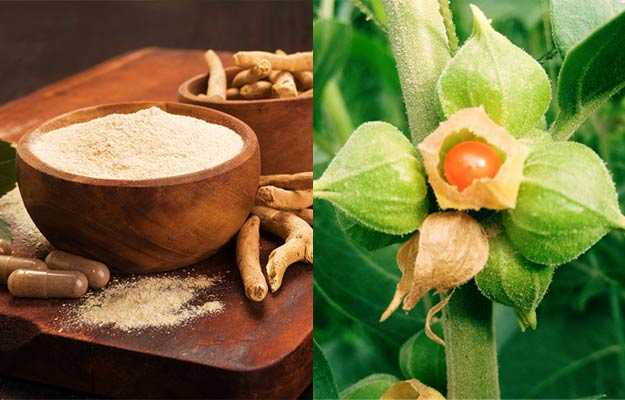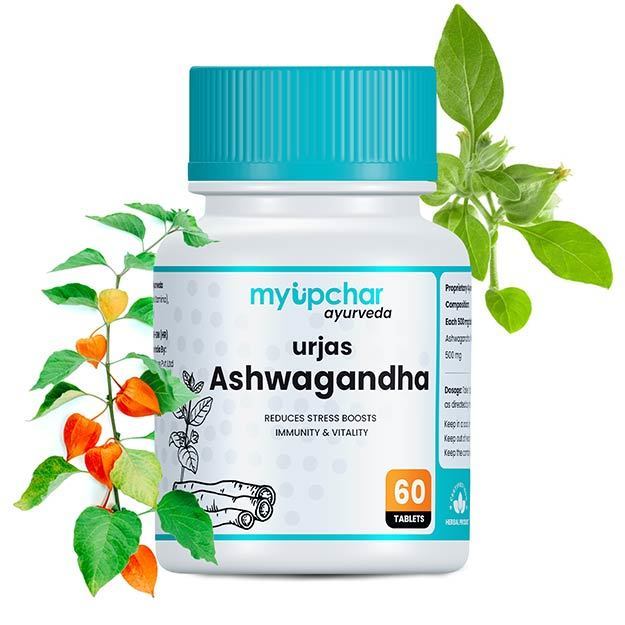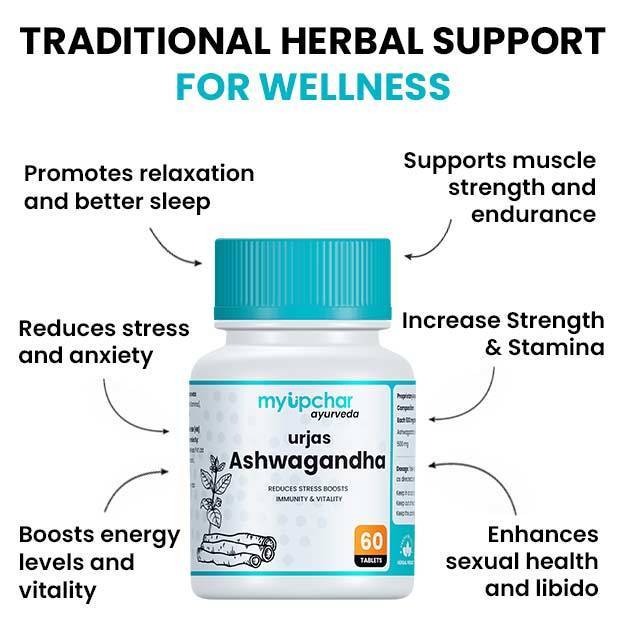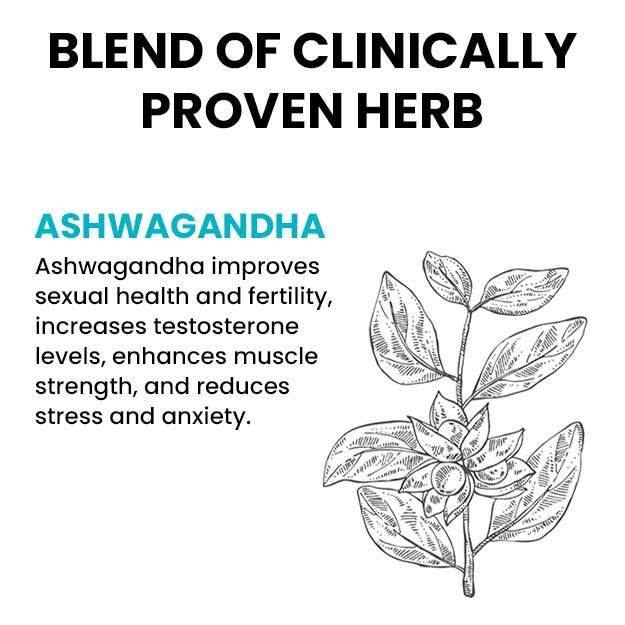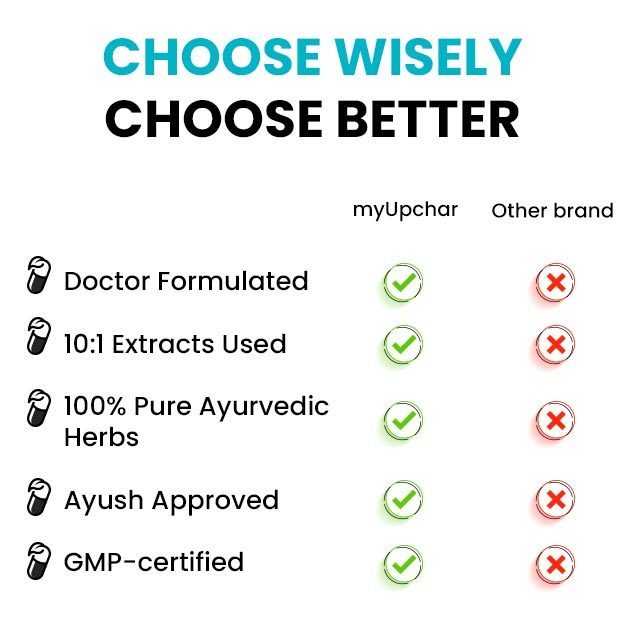What is Ashwagandha?
If you take ayurvedic medicines or believe in alternative medicines, chances are, you might have heard of ashwagandha many times. And why not? Ashwagandha is one of the most important ayurvedic herbs. The presence and usage of ashwagandha dates back to thousands of years according to Atharvaveda. The Indian traditional system of medicine often refers to it as a “magical herb” or adaptogen (anti-stress agent) because it is one of the most commonly used herbs to relieve stress-related symptoms and anxiety disorders.
The name ashwagandha comes from the word ashwa meaning horse and gandha meaning smell. Additionally translation literally comes from ashwagandha's roots that have a distinctive smell of the urine or sweat of a horse. And also ayurvedic researchers believe that ashwagandha, when consumed, provides virility (strength and sexual power) such as of that of the horse
Some basic facts on ashwagandha:
- Botanical name: Withania somnifera
- Family: Solanaceae (Nightshade family)
- Sanskrit names: Ashwagandha, Varahakarni (leaves resemble pig ears), Kamarupini.
- Common names: Winter cherry, Indian ginseng, Poison gooseberry.
- Parts used: Mostly Roots and Leaves but flowers and seeds are also said to be used
- Native region and geographical distribution: Ashwagandha is native to most of the drier parts of India (Madhya Pradesh and Rajasthan mainly), Nepal, Africa and the Middle East but it has also been introduced in the USA.

